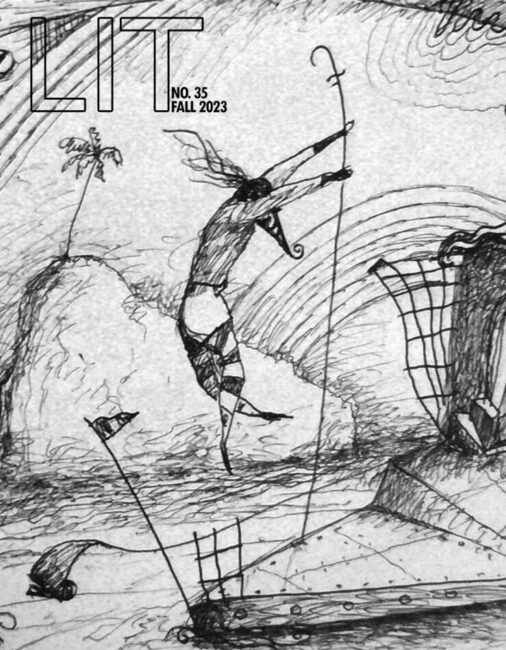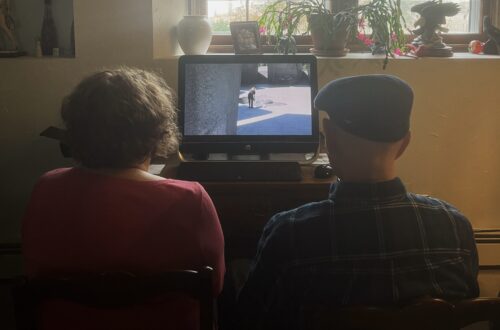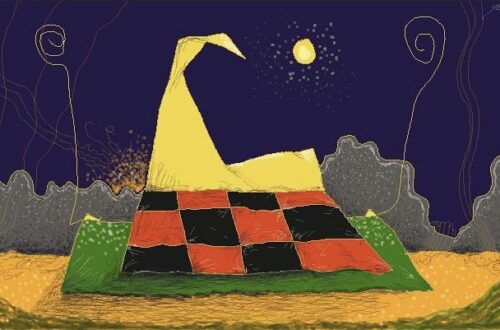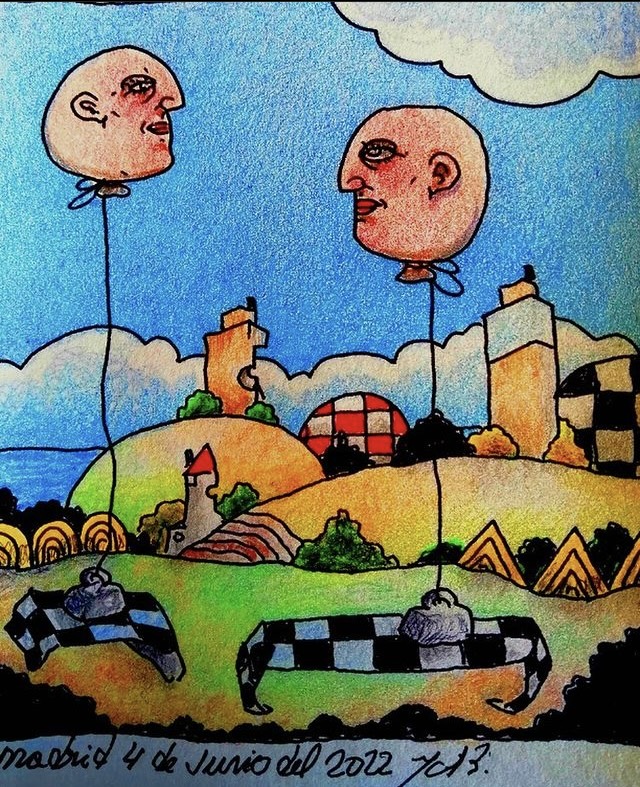
Visible Emergencies
by Hannah Bonner
art: "Estáticos de Bacuta" by Juan José Clemente
On Saturday I celebrate a friend’s birthday which is also, coincidentally, the fourth of July. I arrive during day; I leave at the torque to night. Over cake, I speak with a woman in the middle of an acrimonious divorce. “No one lives with their husband while divorcing,” she tells me. “No one. This pandemic exposes the cracks of what we never worked on.” I say very little. For eight months I have lived alone; therefore, my cracks and her cracks are different kintsugi.
Later, after too much wine, I depart on foot. There is the graveyard parallel to the main road and there, a little further, the intersection where I could turn toward you and your wife’s house or continue home. The clandestine flicker of a streetlamp limns the sidewalk. Firecrackers sear the air. A glass breaks, and someone is laughing. Smoke hovers in the night’s net.
I haven’t seen or heard from you in days. Once I could anticipate the hour when you’d reach me across any time or space. Once I knew the pressure of your palm on my stomach, immediate and urging. And now? Well, what of it?
Listen, here’s what waiting has taught me: I want to hurt a bit. I want the touch of something hard to snap me clean of singular thought, or wonder. Not to see my body, but to feel, within it, the formless enjoyment of sensual materials, rhizomatic and rampant.[1] Let me clarify: I don’t want cruelty, I want care. Living in Iowa recurrently reminds me: I can withstand anything. The day’s temperatures, its theater: a mercurial, twitchy thing.
The sky blanches from a fresh eruption, and I look up as if surfacing from water. There are cheers and then a siren, which seems to multiply in perpetuity, as another siren, down another street, clamors on.
Once you confessed you kept my scent on your fingers all night. I almost told you I wished you’d made me taste myself instead, but we were hushed as an emergency the first time, and the last time, and the one between those.
For now, I suture to the straight and narrow. The solar flare of lilies rent the dark like fire. No astonishment within the visible world can make them stop their burning.
[1] Graham Harman, Guerilla Metaphysics: Phenomenology and the Carpentry of Things (Chicago: Open Court, 2005), 34.
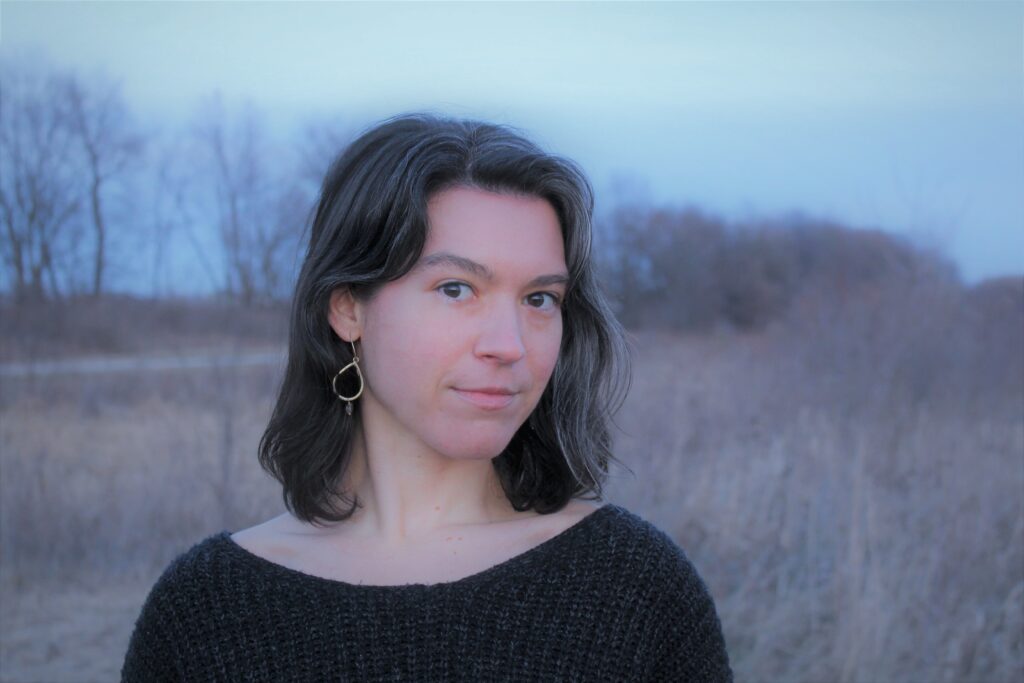
Hannah Bonner's criticism has appeared in Bright Wall/Dark Room, Cleveland Review of Books, Lit Hub, the Los Angeles Review of Books, and The Rumpus. She is a creative nonfiction MFA candidate at the University of Iowa and a 2023-2024 NBCC Emerging Critics Fellow. Follow her on Instagram @hannah__bonner or on Twitter @HannahB40843697
